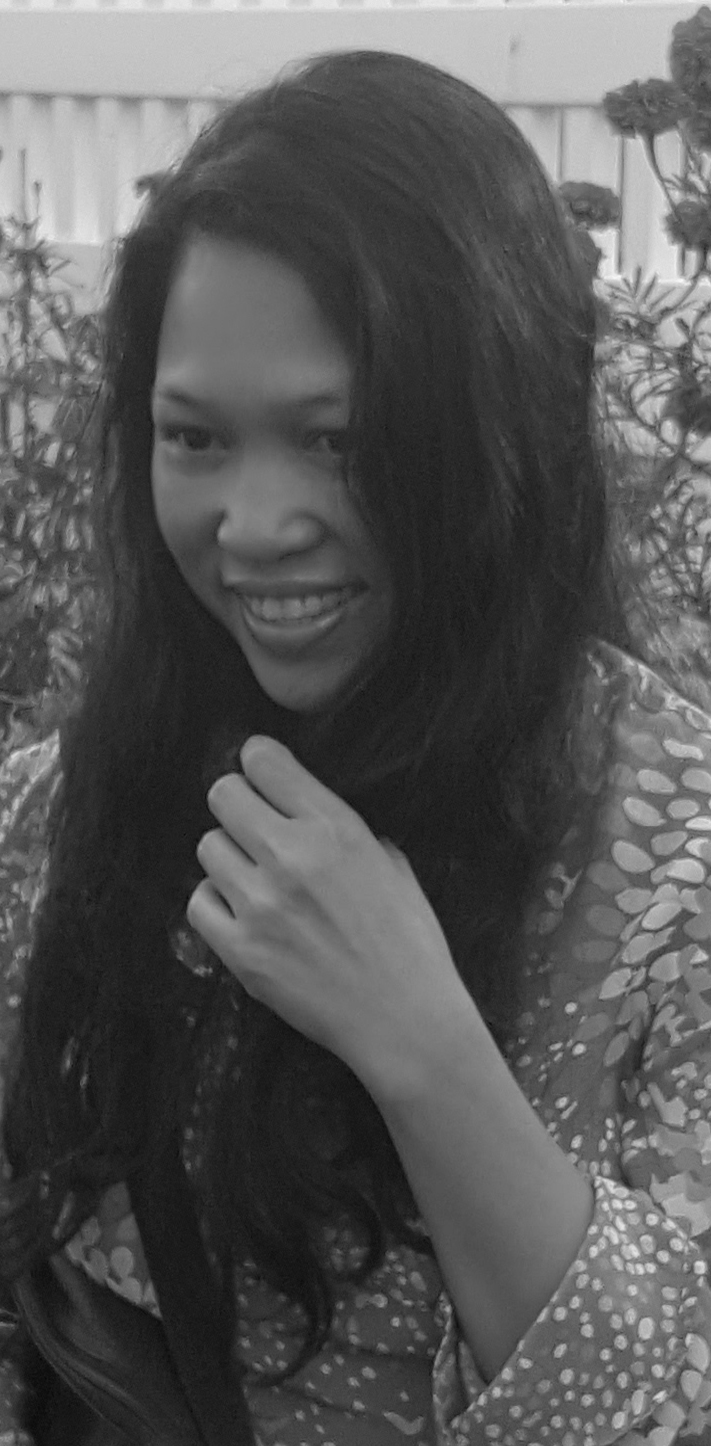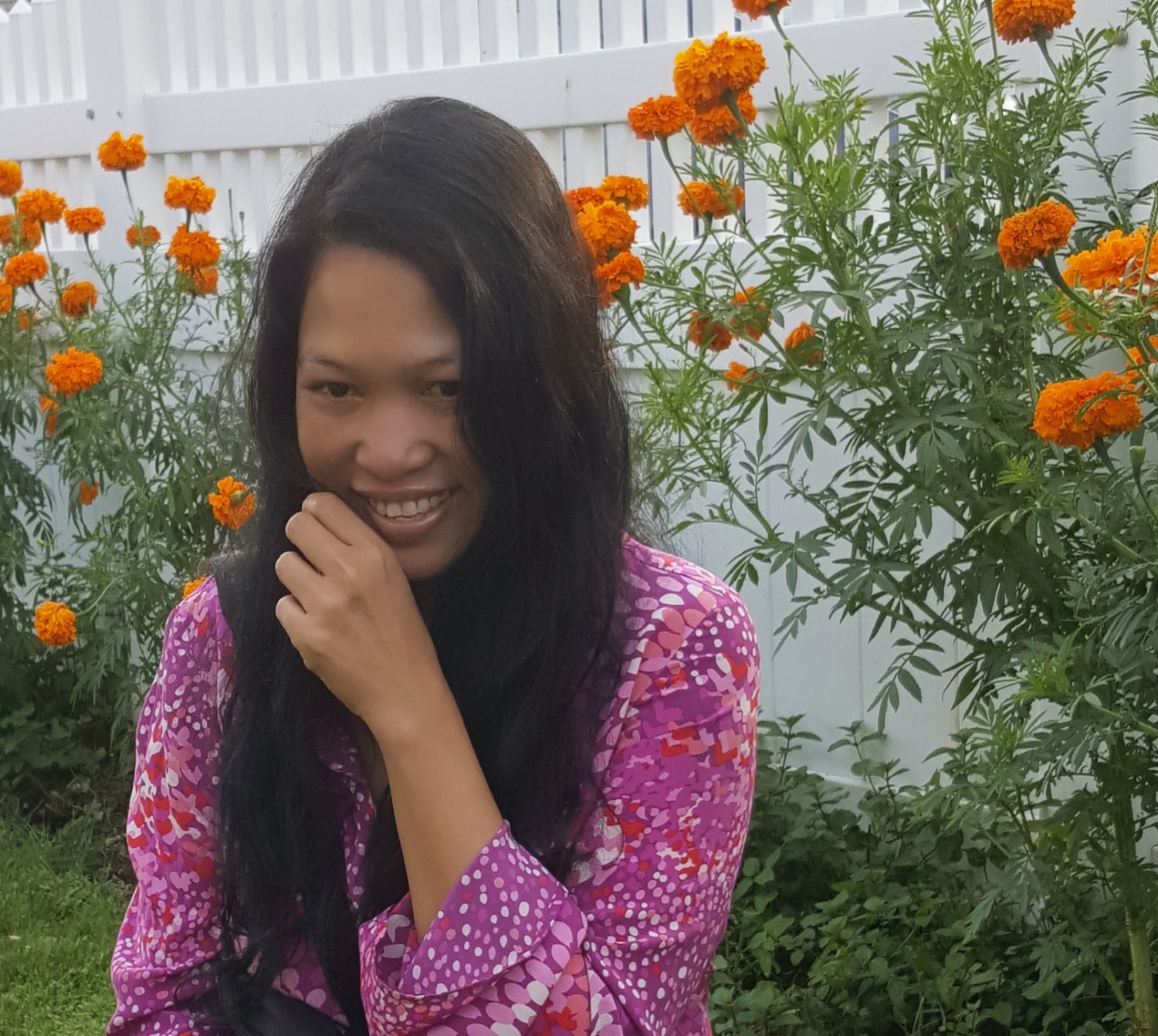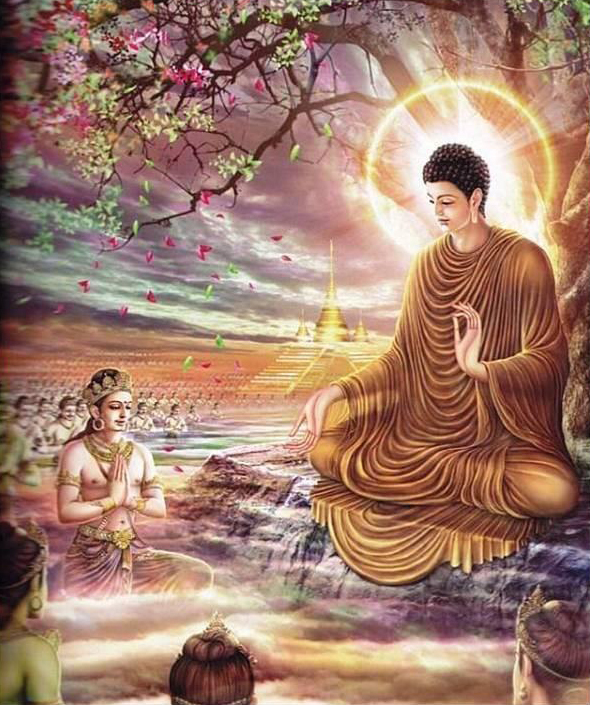-
Comment September 22, 2017
-
Memory can last for a lifetime
Comment September 9, 2017 -
The Story of Ahipeta
Comment September 3, 2017Verse 71: An evil deed does not immediately bear fruit, just as the newly-drawn milk does not curdle at once; but it follows the fool burning him like live coal covered with ashes.
The Story of Ahipeta*
While residing at the Jetavana monastery, the Buddha uttered Verse (71) of this book, with reference to a peta-ghost.
The Chief Disciple Maha Moggallana was on one occasion going on an alms-round with Thera Lakkhana in Rajagaha. On seeing something, he smiled but said nothing. When they were back at the monastery, Thera Maha Moggallana told Thera Lakkhana that he smiled because he saw a peta-ghost with the head of a human being and the body of a snake. The Buddha then said that he himself had seen that very peta-ghost on the day he attained Buddhahood. The Buddha also explained that, a very long time ago, there was a paccekabuddha, who was respected by many. People going to his monastery had to traverse a field. The owner of the field, fearing that his field would be damaged by too many people going to and from the monastery, set fire to it. Consequently, the paccekabuddha had to move to some other place. The disciples of the paccekabuddha, being very angry with the land-owner, beat him and killed him. On his death he was reborn in Avici Niraya. In his present existence, he was serving out the remaining term of the evil consequences (kamma) as a peta-ghost.
In conclusion, the Buddha said, “An evil deed does not bear fruit immediately, but it invariably follows the evil doer. There is no escape from the consequences of an evil deed.”
Then the Buddha spoke in verse as follows:
Verse 71: An evil deed does not immediately bear fruit, just as the newly-drawn milk does not curdle at once; but it follows the fool burning him like live coal covered with ashes.* Ahipeta = Ahi + peta; ahi = snake + peta = peta-ghost, an ever-hungry spirit or ghost. In this instance a ghost with the head of a human being and the body of a snake.
Dhammapada Verse 71
Ahipeta VatthuNa hi papam katam kammam
sajju khiramva muccati
dahantam balarnanveti
bhasmacchannova pavako.Source: Tipitaka
-
The Story of Thera Jambuka
Comment September 3, 2017Verse 70: Even though, month after month, the fool (living in austerity) takes his food sparingly with the tip of a grass blade, he is not worth even one-sixteenth part of those who have comprehended the Truth (i.e., the ariyas).
The Story of Thera Jambuka
While residing at the Jetavana monastery, the Buddha uttered Verse (70) of this book, with reference to Thera Jambuka.
Jambuka was the son of a rich man in Savatthi. Due to his past evil deeds he was born with very peculiar habits. As a child, he wanted to sleep on the floor with no proper bed, and to take his own excreta for food instead of rice. When he grew older, his parents sent him to the Ajivakas, the naked ascetics. When those ascetics found out about his peculiar food habits they drove him away. At nights he ate human excreta and in the day time stood still on one leg and kept his mouth open. He used to say that he kept his mouth open because he only lived on air and that he stood on one leg because it would otherwise be too heavy for the earth to bear him. “I never sit down, I never go to sleep,” he boasted and on account of this, he was known as Jambuka, a ‘jackal’.
Many people believed him and some would come to him with offerings of choice food. Then Jambuka would refuse and say, “I do not take any food except air.” When pressed, he would take just a little of the food with the tip of a blade of grass and say, “Now go, this little will give you enough merit.” In this way, Jambuka lived for fifty-five years, naked and taking only excreta.
One day, the Buddha saw in his vision that Jambuka was due to attain arahatship within a short time. So, in the evening, the Buddha went to where Jambuka was staying and asked for some place to spend the night. Jambuka pointed out to him a mountain-cave not far from the stone slab on which he himself was staying. During the first, second and third watches of the night, the Catumaharajika devas, Sakka and Mahabrahma came to pay homage to the Buddha in turn. On all the three occasions, the forest was lit up and Jambuka saw the light three times. In the morning, he walked over to the Buddha and enquired about the lights.
When told about the devas, Sakka and Mahabrahma coming to pay homage to the Buddha, Jambuka was very much impressed, and said to the Buddha, “You must, indeed, be a wonderfully great person for the devas, Sakka and Mahabrahma to come and pay homage to you. As for me, even though I have practised austerely for fifty-five years, living only on air and standing only on one leg, none of the devas, nor Sakka, nor Mahabrahma has ever came to me” To him, the Buddha replied, “O Jambuka! You have been deceiving other people, but you cannot deceive me. I know that for fifty-five years you have been eating excreta and sleeping on the ground.”
Furthermore, the Buddha explained to him how in one of his past existences during the time of Kassapa Buddha, Jambuka had prevented a thera from going with him to the house of a lay-disciple where alms-food was being offered and how he had also thrown away the food that was sent along with him for that thera. It was for those evil deeds that Jambuka had to be eating excreta and sleeping on the ground. Hearing that account, Jambuka was horrified and terror-stricken, and repented for having done evil and for having deceived other people. He went down on his knees and the Buddha gave him a piece of cloth to put on. The Buddha then proceeded to deliver a discourse; at the end of the discourse Jambuka attained arahatship and joined the Buddhist Order on the spot.
Soon after this, Jambuka’s pupils from Anga and Magadha arrived and they were surprised to see their teacher with the Buddha. Thera Jambuka then explained to his pupils that he had joined the Buddhist Order and that he was now only a disciple of the Buddha. To them, the Buddha said that although their teacher had lived austerely by taking food very sparingly, it was not worth even one-sixteenth part of his present practice and achievement.
Then the Buddha spoke in verse as follows:
Verse 70: Even though, month after month, the fool (living in austerity) takes his food sparingly with the tip of a grass blade, he is not worth even one-sixteenth part of those who have comprehended the Truth (i.e., the ariyas).Dhammapada Verse 70
Jambukatthera VatthuMase mase kusaggena
balo bhunjeyya bhojanam
na so sankhatadhammanam
kalam agghati solasim.Source: Tipitaka
-
True love and home grown tomatoes
Comment September 3, 2017 -
Life in Balance
Comment September 3, 2017When we bring our concern for ourselves into harmony with our concern for others, our life comes in balance. When our life feels imbalanced and pointless, usually we notice that our relationships have also become unhealthy. By thinking carefully about how we orient ourselves toward others and toward ourselves, we can build and enjoy healthy relationships. We can learn to cultivate relationships that are warm and truly meaningful. ~ 17th Karmapa
-
Your true inner beauty
Comment September 2, 2017 -
As soon as thoughts of resentment are forgotten
Comment September 2, 2017 -
Love one another
Comment September 2, 2017 -
Glorious element of Buddha’s character
Comment September 2, 2017The most important and uniquely glorious element of Buddha’s character was that, he did not compel his pupils to be slaves either to his teachings or to himself, but like a conscientious human, demanded from his followers to accept his words not merely out of regard for him but after subjecting them to a thorough examination. And this is where Buddha stands out from the crowd of self-proclaimed prophets. ― Abhijit Naskar


















